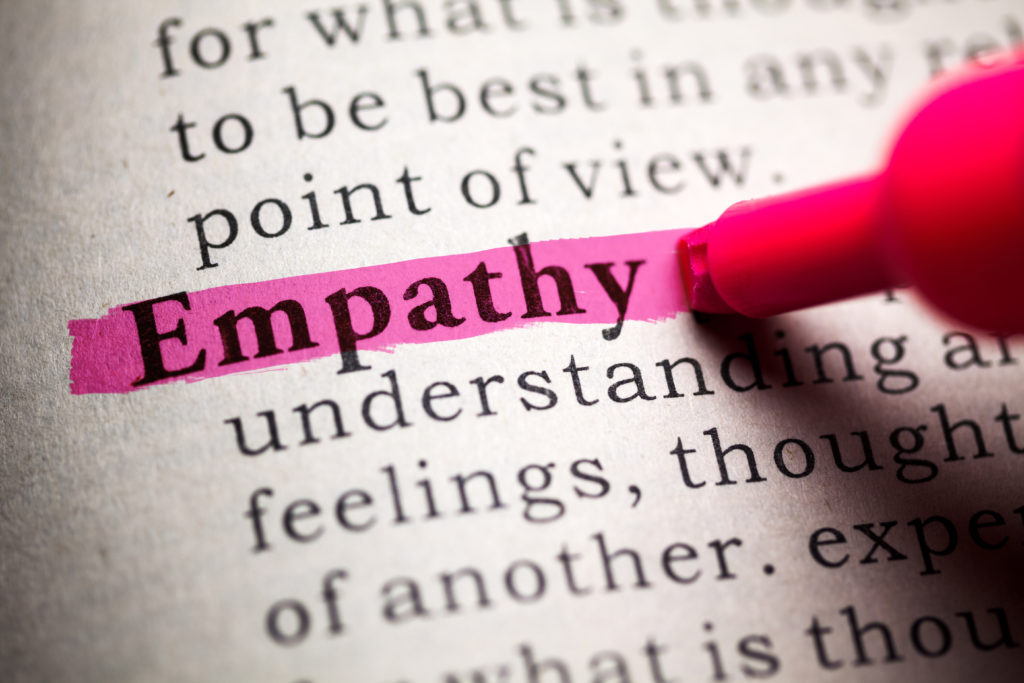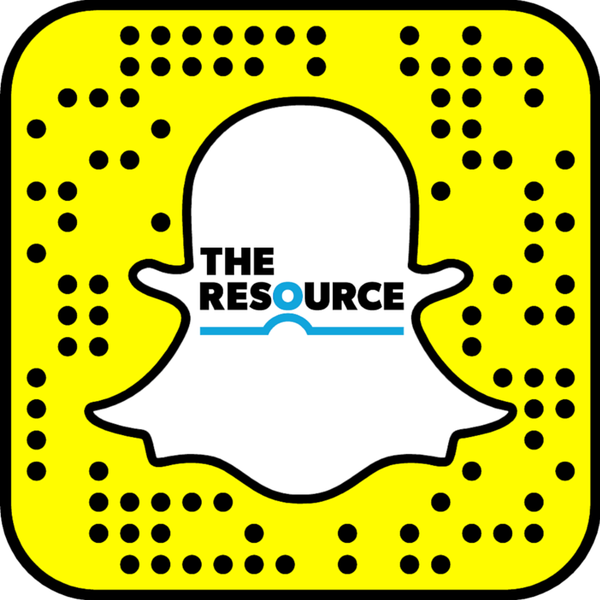You may be familiar with active listening, a highly useful skill that helps you better understand what the speaker is trying to say. But to take your career to the next level, you’ll also want to develop empathetic listening skills. This type of listening is about making a human connection. The goal is to learn about the other person’s inner world and emotional experiences, and to find a way to empathize.
How Can Empathetic Listening Boost Your Career?
You can see why empathetic listening is important in some jobs, such as a Nurse or Therapist. But why does it matter for careers that aren’t in the “helping professions”? Here are a few key ways that empathetic listening can boost any career.
- Emotional intelligence: Emotional intelligence is the ability to put yourself in someone else’s shoes and develop a proper response. It’s a key trait for great leaders, who need to understand what their team members need for success.
- Collaboration skills: Even if you’re not a manager, you probably need to work with a team. Empathetic listening helps you understand what’s happening with your coworkers and how you can work through any issues to develop a more successful collaboration.
- Relationship building and inclusivity: Empathetic listening encourages people to open up. This builds trust and lets people know that it’s okay to be who they are. This helps to develop an overall culture of inclusivity founded on strong interpersonal relationships.
Tips for Becoming a More Empathetic Listener
Empathetic listening comes naturally for some people, but most need a bit of practice. Fortunately, like any skill, you will get better at it the more you practice. Here are some tips.
- Be fully present: Put your phone down and pay attention to the other person. As thoughts come into your mind, notice them, label them, and then let them go. Continue drawing your attention back to the person with whom you are speaking.
- Follow the nonverbal cues: Listen carefully to what is being said, but also pay attention to what is being communicated nonverbally. Pay particular attention to body language, volume, and pacing.
- Ask open-ended questions: Instead of questions that can be answered in a word or two, stay neutral and ask questions that encourage lengthy responses. For example, instead of “Are you nervous about the big presentation?” you might ask, “What are your concerns about the upcoming presentation?”
- Choose your response mode: Sometimes people need a problem-solver or a mediator. But other times, they just need someone to listen and validate their feelings. If you’re not sure what’s appropriate in the moment, ask.
Empathetic listening is a skill. It’s normal to struggle at first, but keep at it. Over time, it will start to become second nature, and it can give you a huge boost in your career.
Looking for a New Position?
If you’re ready for your next career move, let The Resource put our experience to work for you. We’re here to help you find and land just the right position. Apply online or call your local office to get started.


